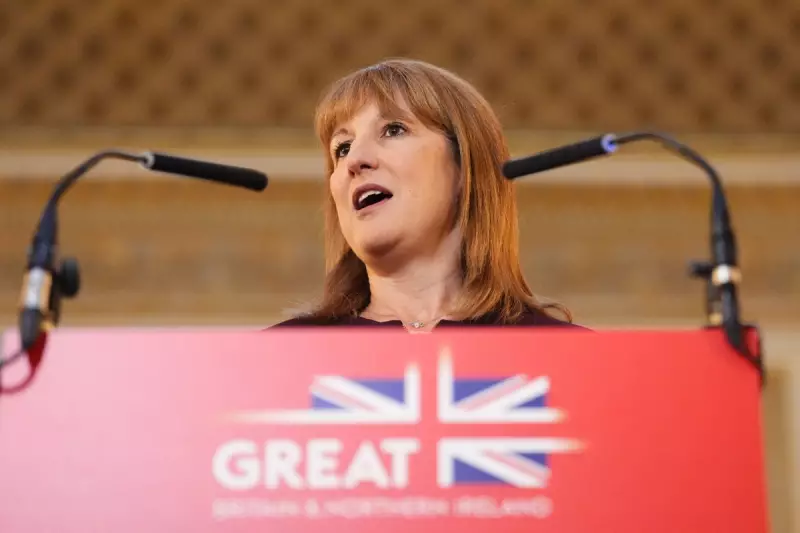
Chancellor Rachel Reeves has faced a significant setback to her economic strategy after the Office for National Statistics (ONS) publicly refused to endorse her department's growth forecasts.
The rebuke came following Reeves's first major speech as Chancellor, where she declared that "economic growth is the mission of the government" and promised to "fix the foundations of Britain's economy." However, the UK's official statistics body has now distanced itself from the Treasury's optimistic projections.
Statistical Showdown
In an unusual public statement, the ONS clarified that it does not produce forecasts and emphasized that the growth figures cited by the Chancellor were Treasury estimates, not their own. This technical distinction carries substantial political weight, undermining the government's attempt to present its growth agenda as backed by independent statistical authority.
Political Fallout
The revelation has provided ammunition to Conservative critics, with Shadow Chancellor Mel Stride seizing the opportunity to question the government's credibility. "This is a government that's being caught out already making claims that simply aren't backed up by the official independent statistics body," Stride declared, signaling what promises to be a contentious battle over economic policy in the coming months.
What This Means for the Economy
The disagreement highlights the challenging economic landscape facing the new government:
- The Treasury's growth forecasts remain contentious and unverified by independent bodies
- Business confidence may be affected by the statistical dispute
- The government's ability to deliver on its ambitious economic agenda faces increased scrutiny
- Future budget announcements will likely face heightened examination from statistical authorities
This development represents an early test for Reeves's Treasury team, which must now navigate both economic challenges and the politics of statistical credibility as it attempts to implement its growth strategy.





